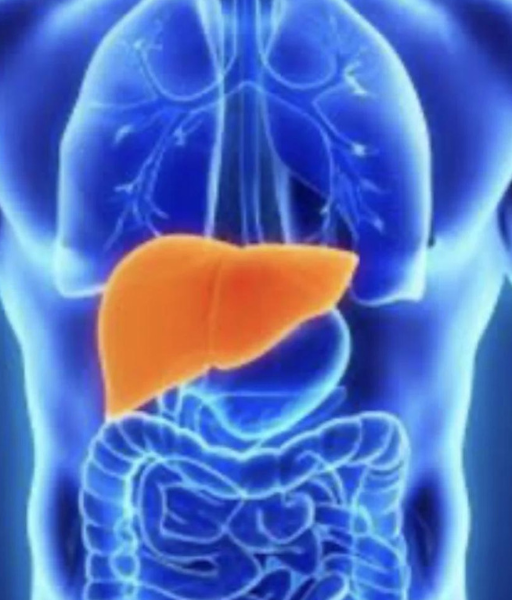How is Neurology Develops and manage ?
Development of Neurological Disorders
Neurological disorders can develop due to various factors, including:
- Genetic Factors: Inherited conditions such as Huntington’s disease and certain forms of epilepsy.
- Infections: Bacterial, viral, or fungal infections that affect the brain and nervous system, such as meningitis and encephalitis.
- Trauma: Head injuries or spinal cord injuries can lead to neurological conditions like traumatic brain injury (TBI) and paralysis.
- Degenerative Diseases: Progressive disorders such as Alzheimer’s disease, Parkinson’s disease, and multiple sclerosis (MS) that deteriorate the nervous system over time.
- Autoimmune Disorders: Conditions where the immune system attacks the nervous system, like MS and Guillain-Barré syndrome.
- Vascular Issues: Problems with blood flow to the brain, such as strokes and aneurysms.
- Metabolic and Nutritional Deficiencies: Deficiencies in essential nutrients like vitamin B12 can cause neurological problems.
Management of Neurological Disorders
Medications
- Anticonvulsants: For controlling seizures.
- Muscle Relaxants: For spasticity in conditions like MS.
- Antidepressants and Antianxiety Medications: For mood disorders associated with neurological conditions.
- Dopaminergic Medications: For managing symptoms of Parkinson’s disease.
Surgical Procedures
- Deep Brain Stimulation (DBS): For Parkinson’s disease and essential tremor.
- Neurosurgery: For removing brain tumors, repairing aneurysms, or relieving pressure on the brain.
- Shunt Placement: For conditions like hydrocephalus to drain excess cerebrospinal fluid.
Rehabilitation
- Physical Therapy: To improve movement, strength, and balance.
- Occupational Therapy: To help patients regain daily living skills.
- Speech Therapy: For communication and swallowing difficulties.



